Heart Health After 50: 10 Superfoods to Add to Your Diet

As we age, prioritizing heart health becomes essential! Incorporating nutrient-dense superfoods into your diet after 50 can significantly support heart health and decrease your risk of cardiovascular disease.
These 10 essential superfoods are packed with vitamins, minerals, and antioxidants that help reduce inflammation, lower cholesterol levels, and support heart function.
1. Dark Leafy Greens
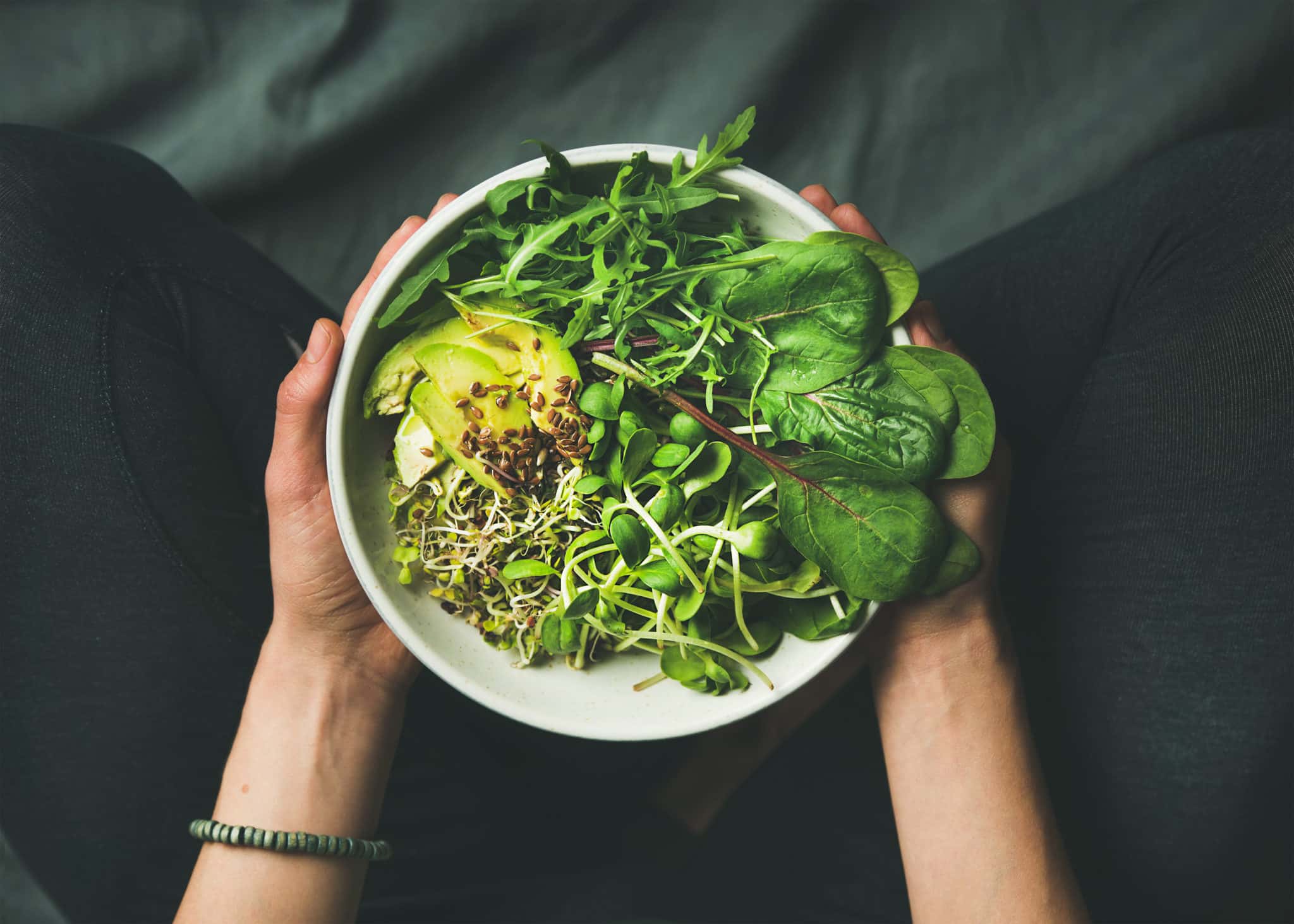
Photo Credit: Shutterstock
Dark leafy greens such as spinach, kale, and bok choy are packed with vitamins, minerals, antioxidants, and nitrates. Together, these help lower blood pressure and reduce the risk of heart disease. Nitrates, in particular, help relax and widen blood vessels.
Research has shown that people who eat the most nitrate-rich vegetables, such as leafy greens, may lower their risk of cardiovascular disease by 12 to 26 percent.
2. Salmon
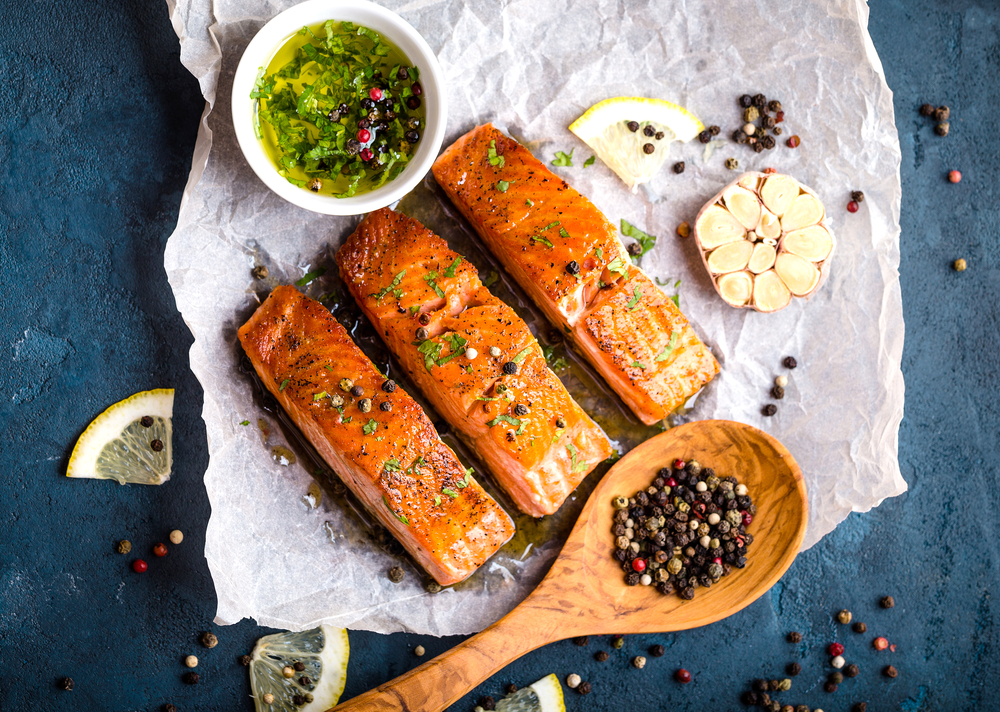
Photo Credit: Shutterstock
The American Heart Association states that consuming two to three servings of oily fish per week, such as salmon, is associated with a lower risk of cardiovascular disease.
The main reason? Fish is rich in omega-3 fatty acids, which are a type of unsaturated fatty acid that may lower inflammation in the body. Chronic inflammation in the body can cause blood vessel damage, increasing your risk of heart disease and stroke.
Omega-3 fatty acids can help lower blood pressure, triglyceride (a type of “bad” fat) levels, and the risk of irregular heartbeats.
Other heart-healthy fish options include:
- Sardines
- Mackerel
- Cod
- Pollock
- Cod
- Tuna
3. Oranges
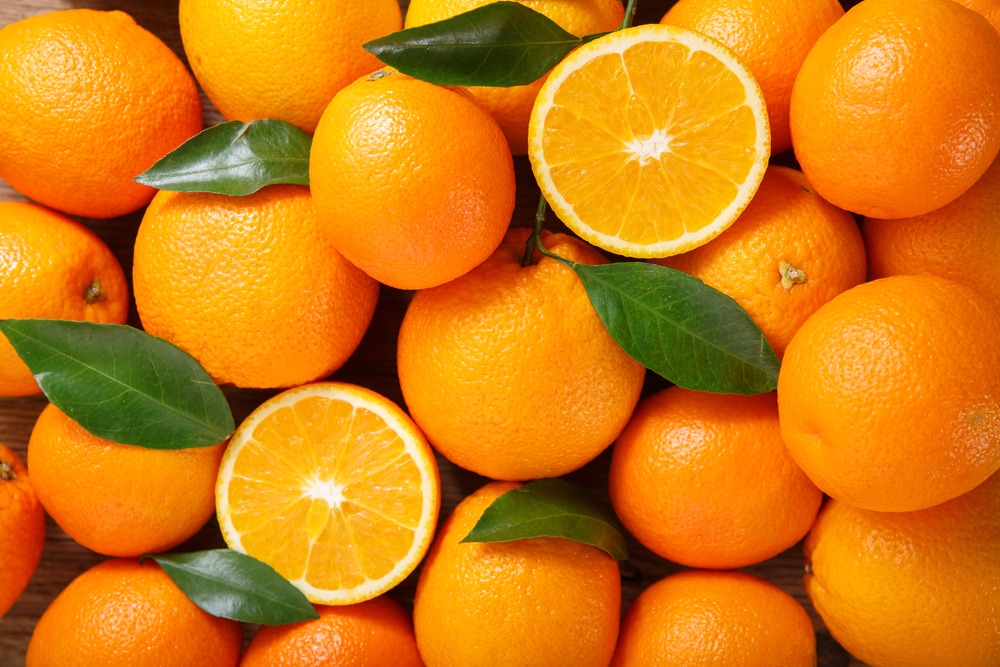
Photo Credit: Shutterstock
Oranges are a good source of fiber and potassium, both of which are important for keeping your heart healthy! Research has shown that getting plenty of fiber can help lower cholesterol levels and reduce the risk of heart disease
Additionally, higher potassium intakes may help lower your risk of stroke and other cardiovascular diseases. One cup of orange juice can provide around 11 percent of a person’s daily potassium requirement.
4. Whole Grains
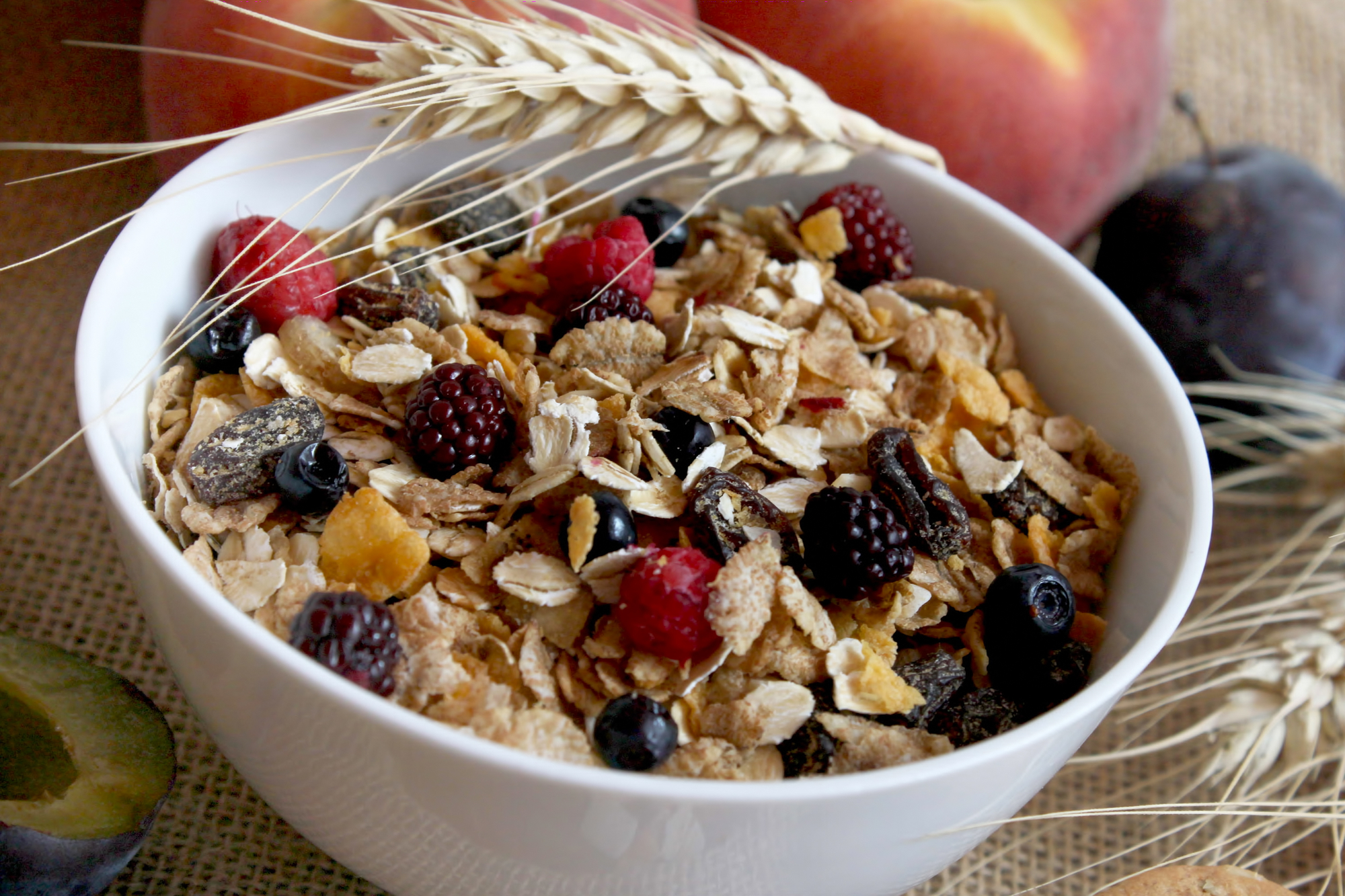
Photo Credit: Depositphotos
Whole grains are another fiber-rich option for heart health. Research has shown that replacing refined grains with whole grains can lower your risk of cardiovascular heart disease, especially in middle-aged and older adults.
Some heart-healthy whole-grain options to add to your diet include:
- Whole-grain bread, bagels, English muffins, and tortillas
- Whole-grain breakfast cereals (hot or cold)
- Oatmeal (but avoid instant)
- Brown or wild rice or quinoa
- Whole-wheat pasta and couscous
5. Olive Oil
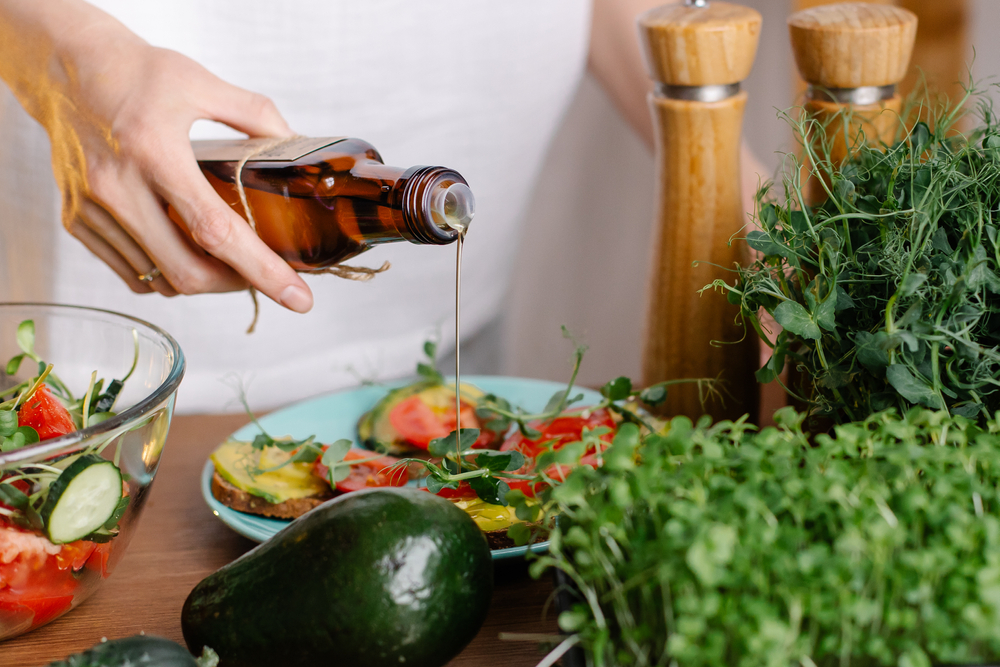
Photo Credit: Shutterstock
A drizzle of olive oil goes a long way when it comes to your heart! The American Heart Association states that consuming more than half a tablespoon of olive oil a day may lower your risk of heart disease risk.
A study found that people who ate more than half a tablespoon per day had lower rates of premature death from cardiovascular disease and Alzheimer’s disease compared to those who never or rarely consumed olive oil.
6. Tofu
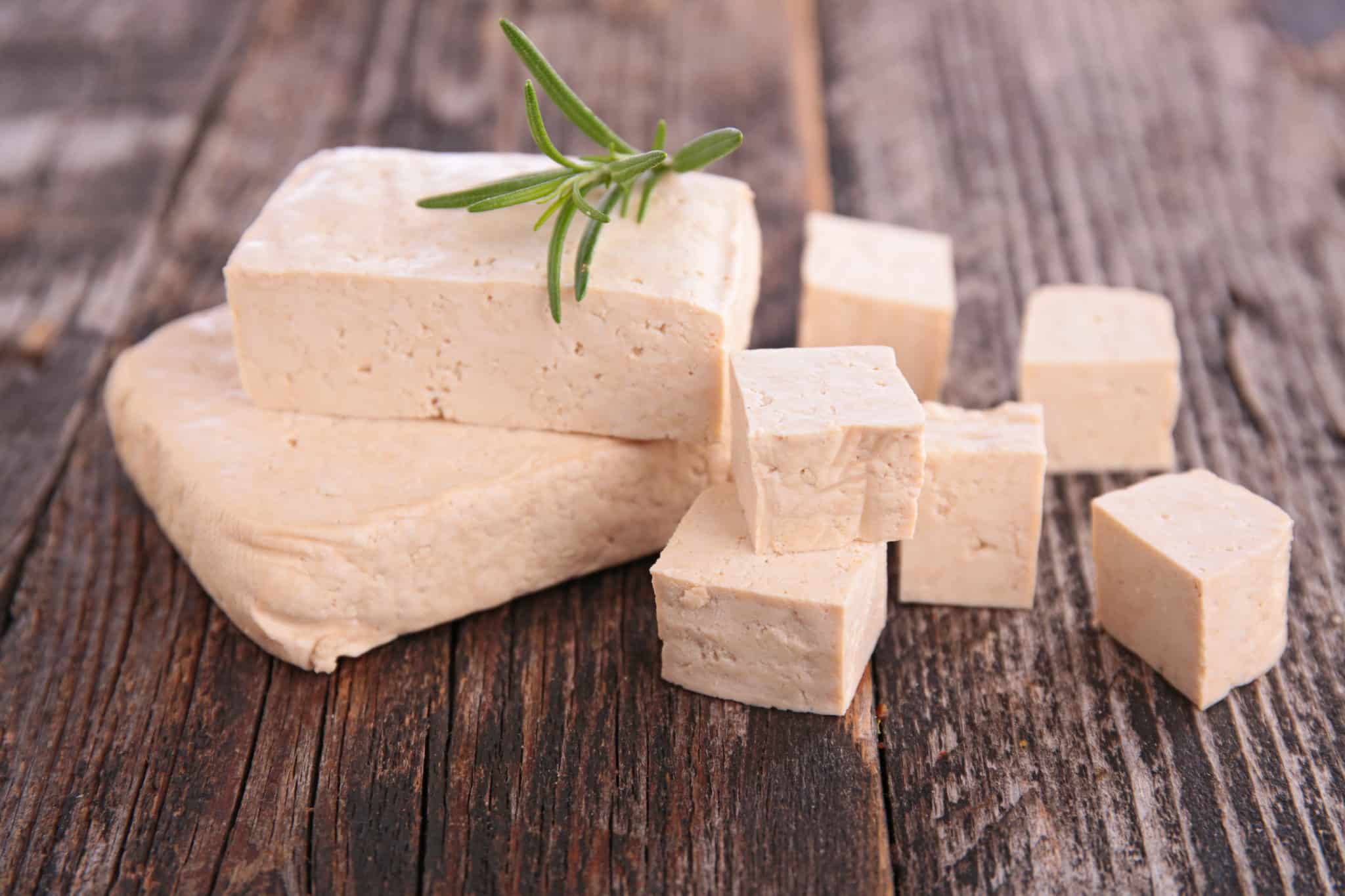
Photo Credit: Shutterstock
Plant-based proteins, such as tofu, are rich in isoflavones —an estrogen-like substance made by soy plants that research shows could lower the risk of heart disease, especially in postmenopausal women.
The study found that at least one serving of tofu per week was linked to an 18 percent lower risk of heart disease compared to those who rarely ate tofu.
Other plant-based options containing isoflavones include:
- Edamame
- Chickpeas
- Fava beans
- Peanuts
7. Avocados
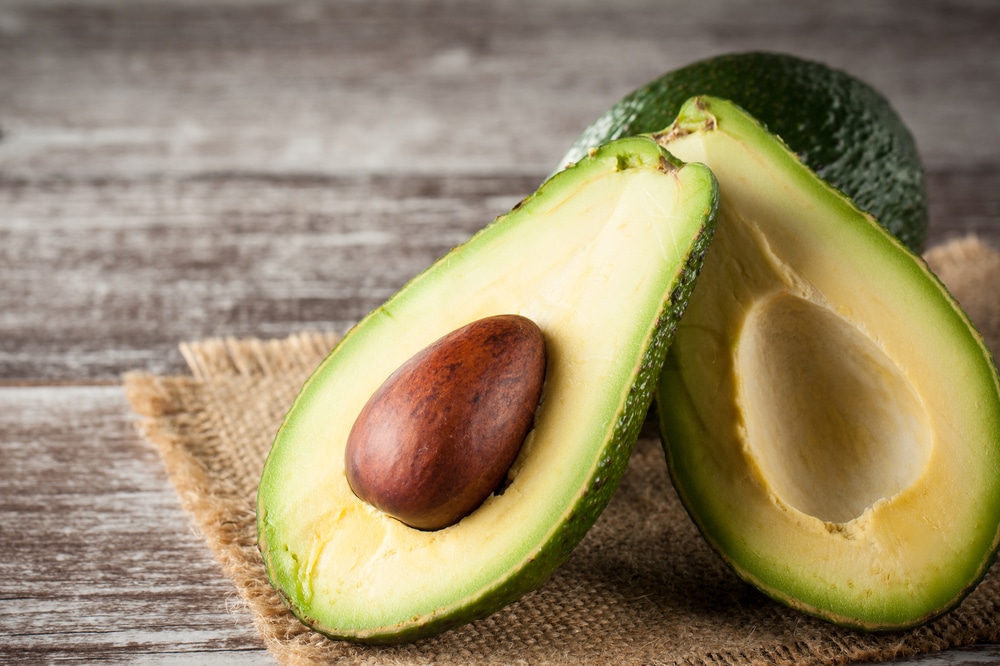
Photo Credit: Shutterstock
If you’re an avocado fan, you’re in luck! Research has found that eating two servings of avocados per week is associated with a lower risk of cardiovascular disease.
Avocados also contain dietary fiber, oleic acid, and monounsaturated fat (or “healthy” fat) that collectively help lower “bad” LDL cholesterol and blood pressure.
8. Tomatoes
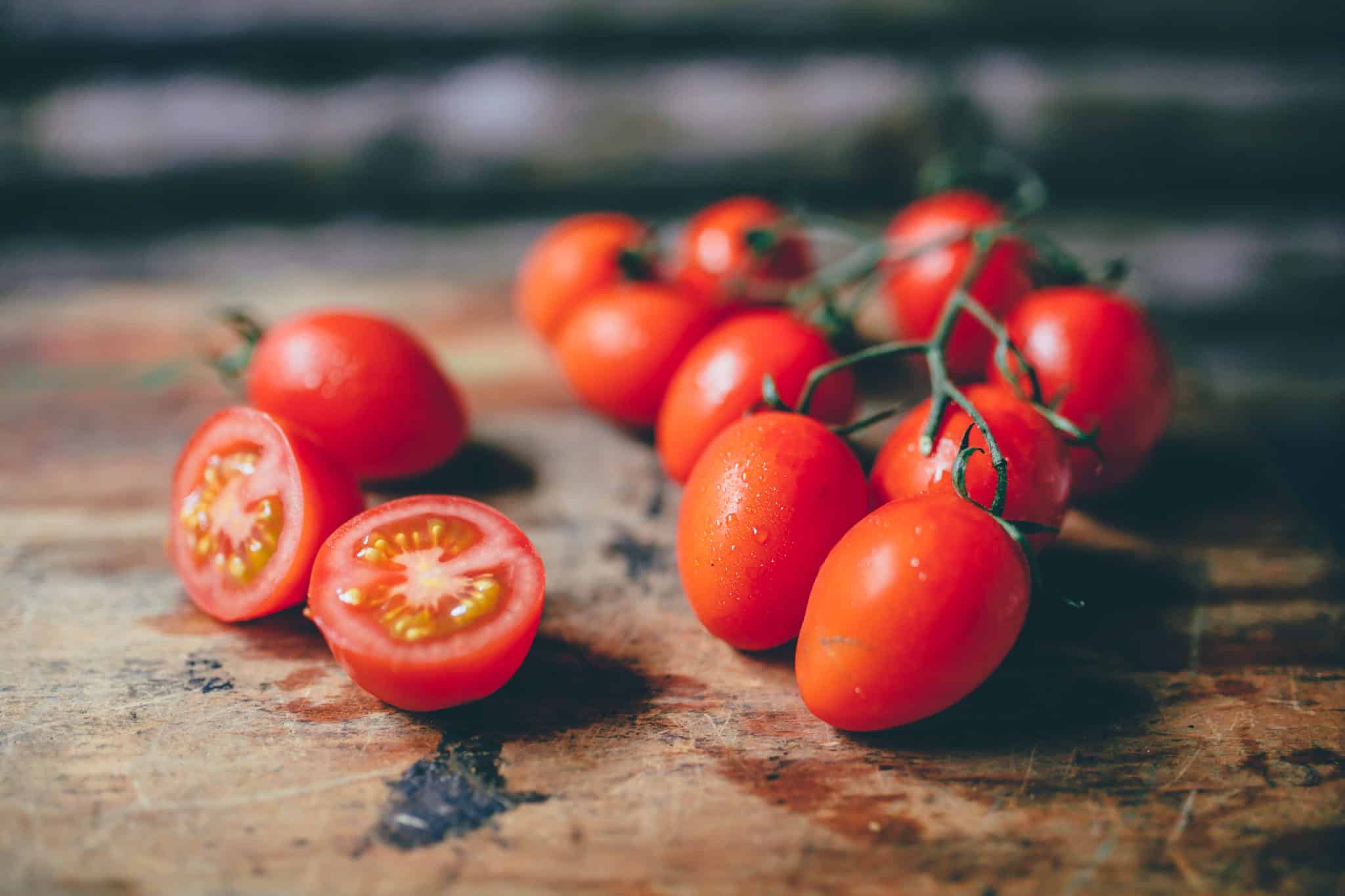
Photo Credit: Shutterstock
Tomatoes contain two essential nutrients for heart health: lycopene and potassium.
Lycopene isn’t just the chemical that gives tomatoes their red color—it’s also a powerful antioxidant that helps keep cells from becoming damaged. Some research shows that lycopene may help lower blood pressure, along with your risk of cardiovascular disease.
Just as beneficial, potassium helps your body manage the effects of sodium and control fluid levels.
9. Black Beans
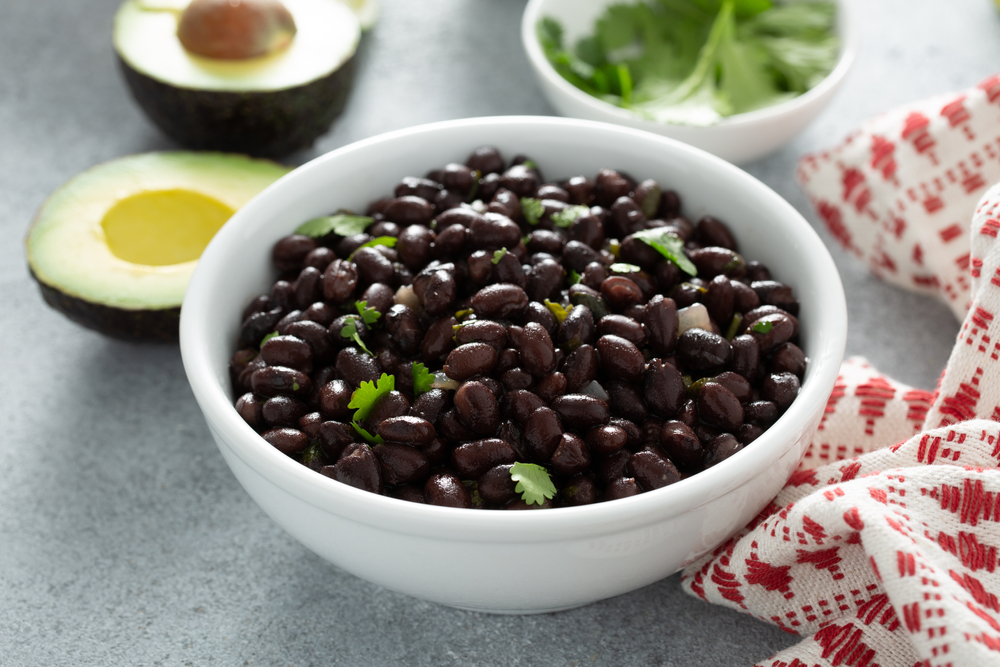
Photo Credit: Shutterstock
Delicious black beans come with a variety of heart-healthy benefits. They contain potassium, calcium, and magnesium, all of which can help naturally lower blood pressure.
Black beans also contain quercetin, a natural anti-inflammatory that may reduce the risk of plaque buildup in the arteries, lower cholesterol levels, and prevent damage to the heart and blood vessels.
10. Walnuts
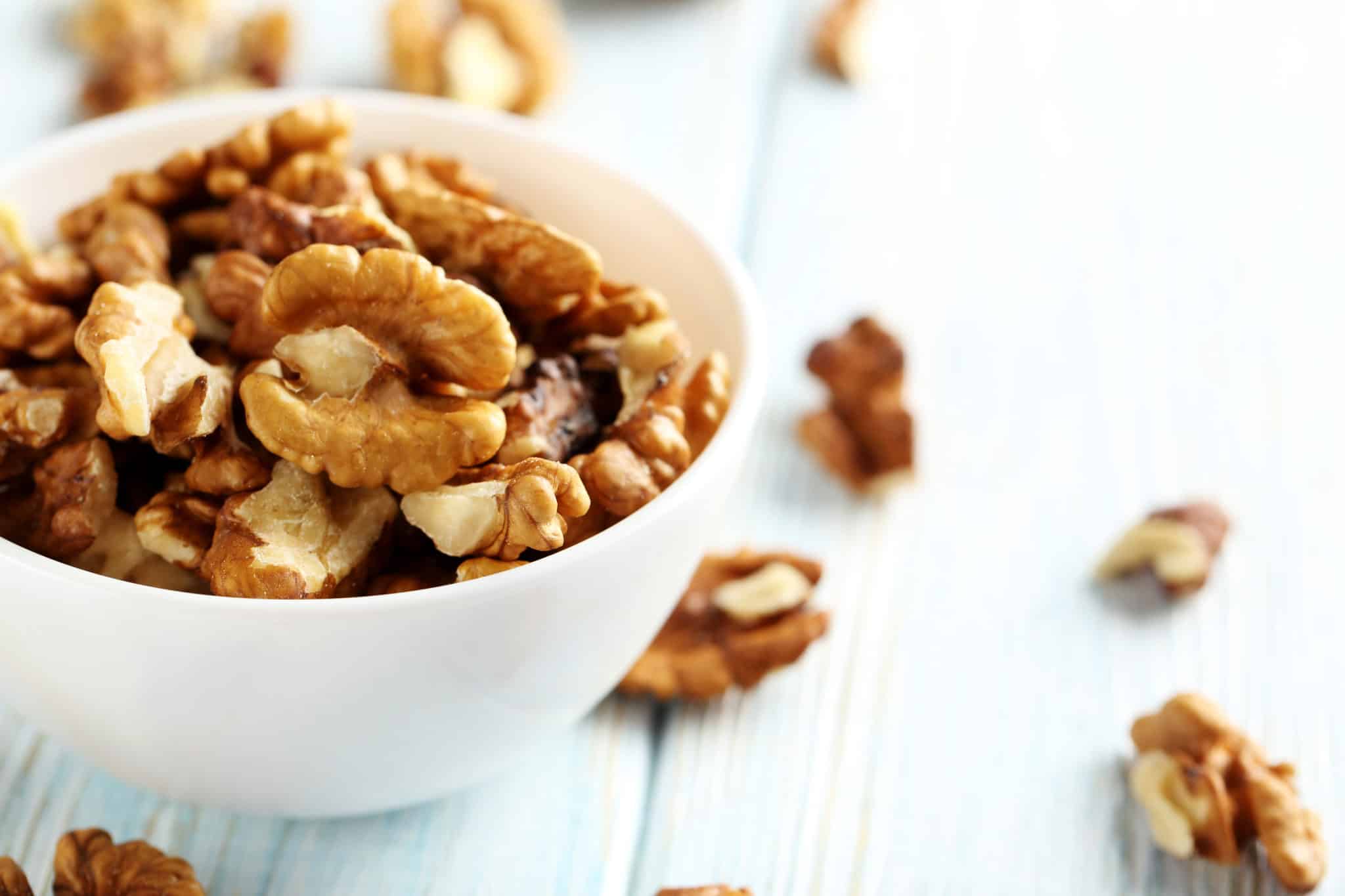
Photo Credit: Shutterstock
A handful of walnuts are rich in omega-3 fatty acids, which help reduce inflammation in the body and lower your risk of cardiovascular disease.
Moreover, a 2021 study published in the journal Circulation found that eating around half a cup of walnuts every day for two years lowered “bad” LDL cholesterol levels in healthy older adults.
